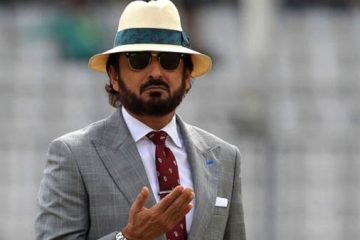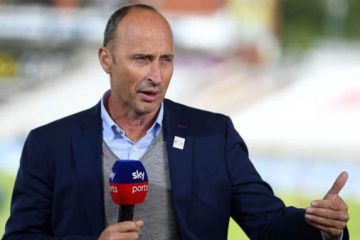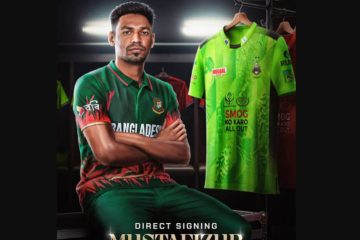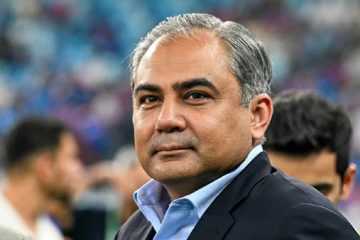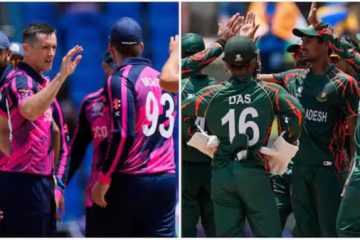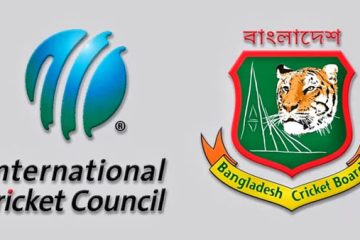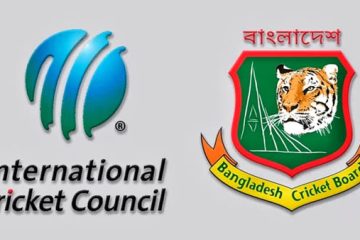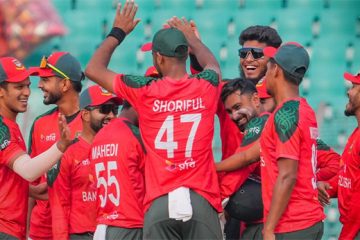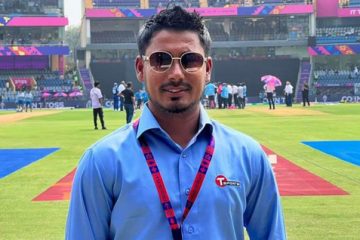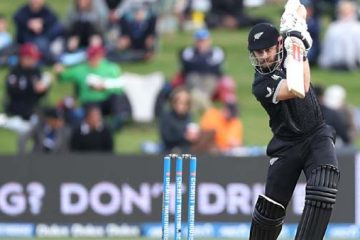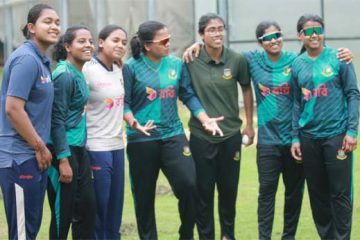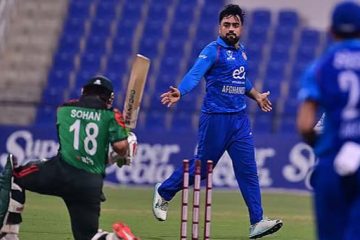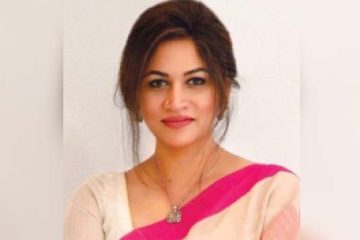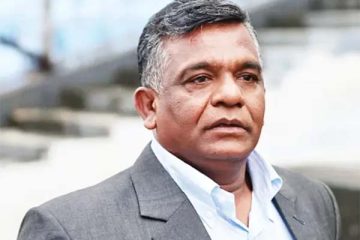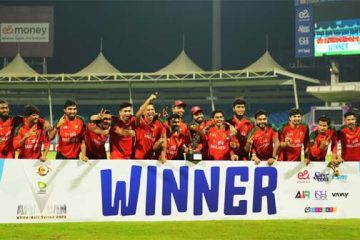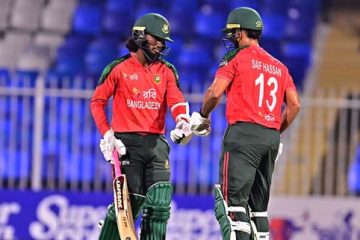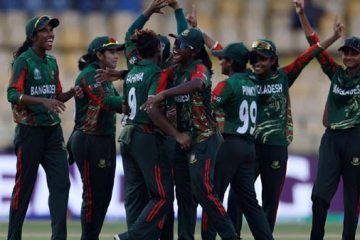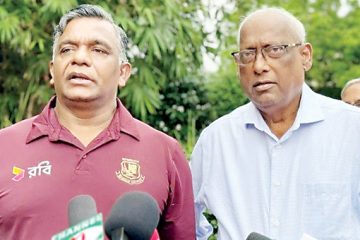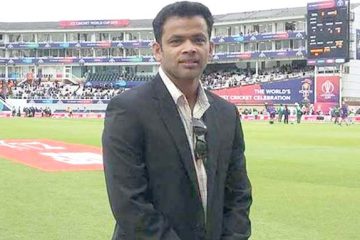New stars galore
World Cups often work as a process of regeneration as new upstarts start to take centre stage and old hands move to the side, leaving their final marks on public memory by performing in a global event. So it was with the 1987 World Cup, where a lot of champion cricketers took their initial steps on the global stage.
It was the last World Cup for all-time greats like West Indian Viv Richards — undoubtedly the best batsman in World Cups till then — and India’s Sunil Gavaskar, the latter making his last international appearance in the event. Both players went out with a bang. Gavaskar, ironically perhaps, finally found his feet in the format and hit his first century, an unbeaten 103 off 88 balls, in his penultimate match against New Zealand. Richards hit 181 against Sri Lanka at the Karachi National Stadium, which was a world record at the time. Pakistan legend Imran Khan, the second-highest wicket-taker in 1987, announced his retirement at the end of his team’s semifinal loss against Australia, but as the world knows he went on to play till 1992. It was also the last World Cup for West Indian keeper Jeff Dujon.
As some great names bowed out, and a high number of future luminaries announced themselves in the 1987 World Cup. It was the first World Cup for arguably the greatest left-arm bowler of all time, Pakistan’s swing king Wasim Akram. It was also a Cup debut for West Indies’ Courtney Walsh, Richie Richardson, Carl Hooper, all future Test captains. It was a great Cup start for Windies allrounder Phil Simmons, scoring a couple of fifties and a sparkling 89 against Sri Lanka.
Some great Australian names typifying the toughness and aggression synonymous with Australian cricket made people sit up and take notice. It was also a young team, with a lot of the players playing in their first World Cup. David Boon, the second-highest run-getter of the tournament, made regular contributions with the bat, and was in no small way responsible for their ultimate triumph. Perhaps the greatest Australian cricketer of the past twenty years, Steve Waugh turned matches with his hard hitting in the closing stages of the match and more importantly, with his intelligent medium pacers accounting for 11 wickets at a good economy rate. Craig McDermott, the young Aussie pacer equalled the Cup record for the most wickets in a tournament, including tournament-best bowling figures of five for 44 against Pakistan in the semi-final at Lahore.
Graham Gooch of England finished the tournament as the highest run-scorer, piling on 471 three fifties and a hundred. The Australian openers David Boon and Geoff Marsh were placed at second and third positions respectively.
Kiran More of India and Greg Dyer of Australia were the leading keepers of the tournament with eleven dismissals each. More played six matches while Dyer played eight.

